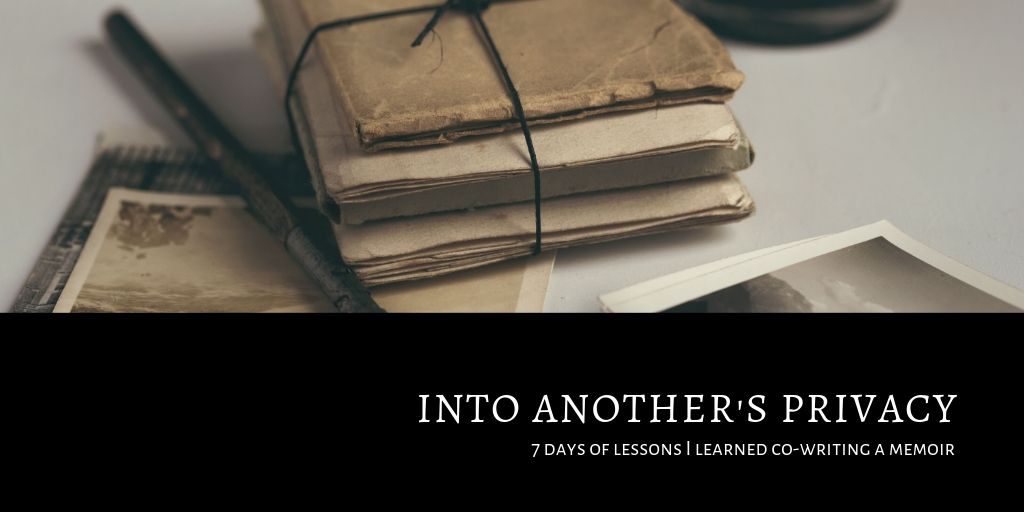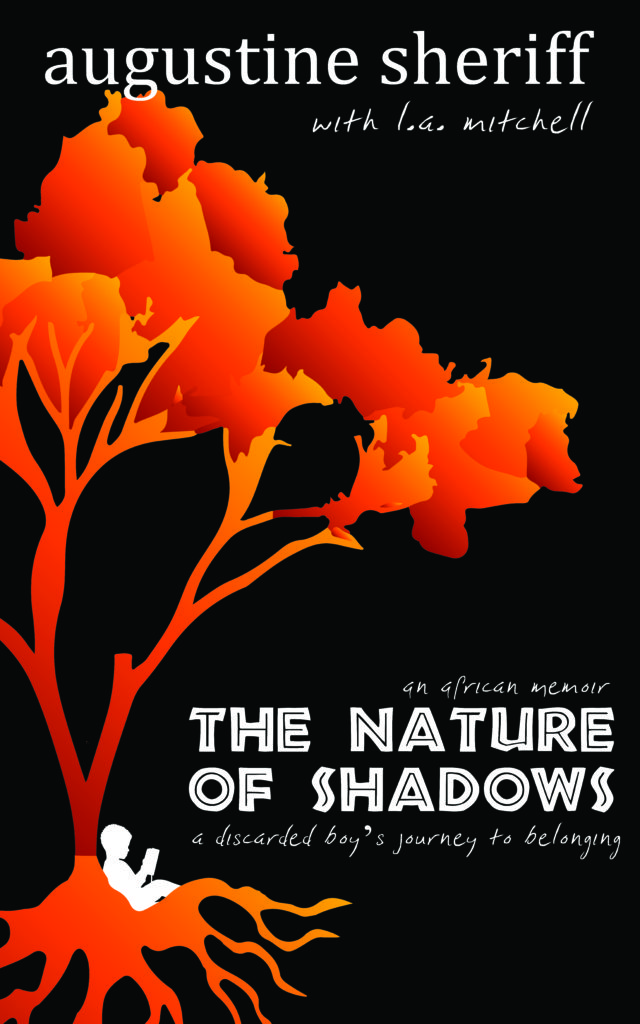
By nature, memories are unreliable. They are time travel through a blurred and distorted lens. They capture glints of light and pockets of darkness through the filter of our present-day attitudes. So how do savvy memoir authors go about recapturing a season of life with confidence in memories?
They don’t.
During the nearly twelve months it took to draft The Nature of Shadows, fear was an ever-present companion, riding shotgun to our weekly coffee shop meetings. By turns, Fear cut to the quick then fled as quickly as he had come. Fear was always cheap (he never once asked for a latte). Fear presented questions we could not answer: what if this event happened in a different place? What if I can’t remember the exact words of my father? What if we describe her dress and it was the dress of another?
The first thing we learned to do was lean on facts. In this age of digital access, we became archivists, researchers, interviewers. Augustine reached out to first-hand sources; I Googled. My inspiration file was ridiculous—maps, newspaper sources, links to documentaries, photos of dictators (if you know anything of Liberia’s Civil War, General Butt Naked comes immediately to mind (Google him. Go ahead, I’ll wait…). He still haunts my files. Might need to delete him. Augustine dug up authentic documents—visas, photos bleached by time and travel, medals he had earned. Sometimes he would tell me in the days between meetings that he had remembered a detail. We discussed the reliability of such hidden details, weighed their value in the story, decided whether they belonged.
The reliability of memories came with another litmus: emotion. Augustine didn’t just write the book. He told me the book. Storytelling is as natural to Augustine as breathing. I like to think it comes from a rich heritage of oral narrative. When spoken through his musical dialect, his memories were an intense story time I didn’t want to end. And when the memories were painful, I heard the pain. The voice is a powerful instrument of emotion. More than once, we cried. In those moments, it didn’t matter if the dress he had described was the proper color. The emotion was the proper everything. Everything.

Another measure of memories aligns with tomorrow’s topic: truth. I can’t say that all published memoirs value truth to the extent that we pursued truth with The Nature of Shadows. They should. Celebrity memoirs come to mind. A memoir is a unique emotional contract between writer and reader. Someone once said that in fiction, the reader is always trying to catch the writer in moments of authenticity. In memoir, the opposite is true. The reader is always trying to catch the writer in a moment that didn’t happen.
Spending months sipping hot drinks beside Fear taught me to treat my fiction with the same respect. It isn’t enough to stay in a vague pocket and suppose after events. My memories of the story, what came in the draft days or weeks earlier, even the memories that belong to my characters, must be verified, weighed, cried over, and inspired. Readers deserve nothing less. And emotion? Well, it’s everything. Everything. Far more important than the color of a dress.
Day two: Truth.